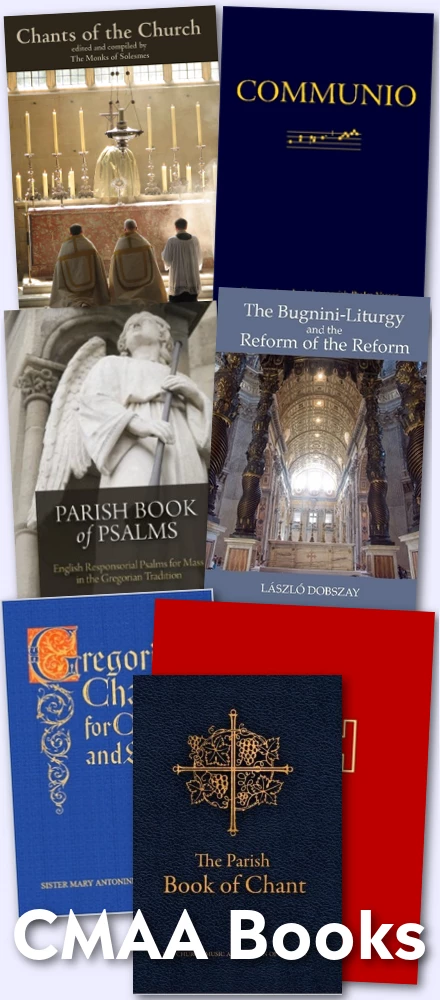There has been a great deal of attention given to a story on Catholic News Service, about a vote that came out of the recent biblical synod as it pertains to the question of women becoming "instituted acolytes." A followup story to the original story appeared on CNS today: Unclear if pope will support women officially in lector ministry.
John Thavis lays out the issue and some of the surrounding matters as follows:
The question is whether women can be installed officially in such a ministry. Until now, the Vatican has said no: Canon law states that only qualified laymen can be "installed on a stable basis in the ministries of lector and acolyte." At the same time, canon law does allow for "temporary deputation" as lector to both men and women, which is why women routinely appear as lectors.
The reasoning behind the exclusion in church law of women from these official ministries has long been questioned.
For centuries, the office of lector was one of the "minor orders," generally reserved to seminarians approaching ordination. While seminarians still are installed formally as acolyte and then as lector before being ordained deacons, since the 1970s service at the altar and proclaiming the readings at Mass have been seen primarily as ministries stemming from baptism and not specifically as steps toward ordination.
"It's important to emphasize that any proposition for women lectors would simply arise from their baptism and not from any presumptive opening for orders," said one Vatican source.
There are a few issues here of course and this quotation touches upon most of them.
It seems to me that this proposal, as well as the issue of how this may be perceived ("opening for orders"), should lead to some fundamental questions that are perhaps not yet being asked widely enough. It is something that I am personally hopeful will gain more attention, study and discussion on the part of the reform of the reform.
One way to approach the question is -- as was noted -- what is the logical extension of the present arrangement of "ministries"? The other approach, however, is to critically re-appraise the present arrangement itself.
The time has perhaps come -- and we might hope that this matter may help finally instigate this -- to re-appraise the abolition and re-configuration of these ancient orders by Pope Paul VI.




















